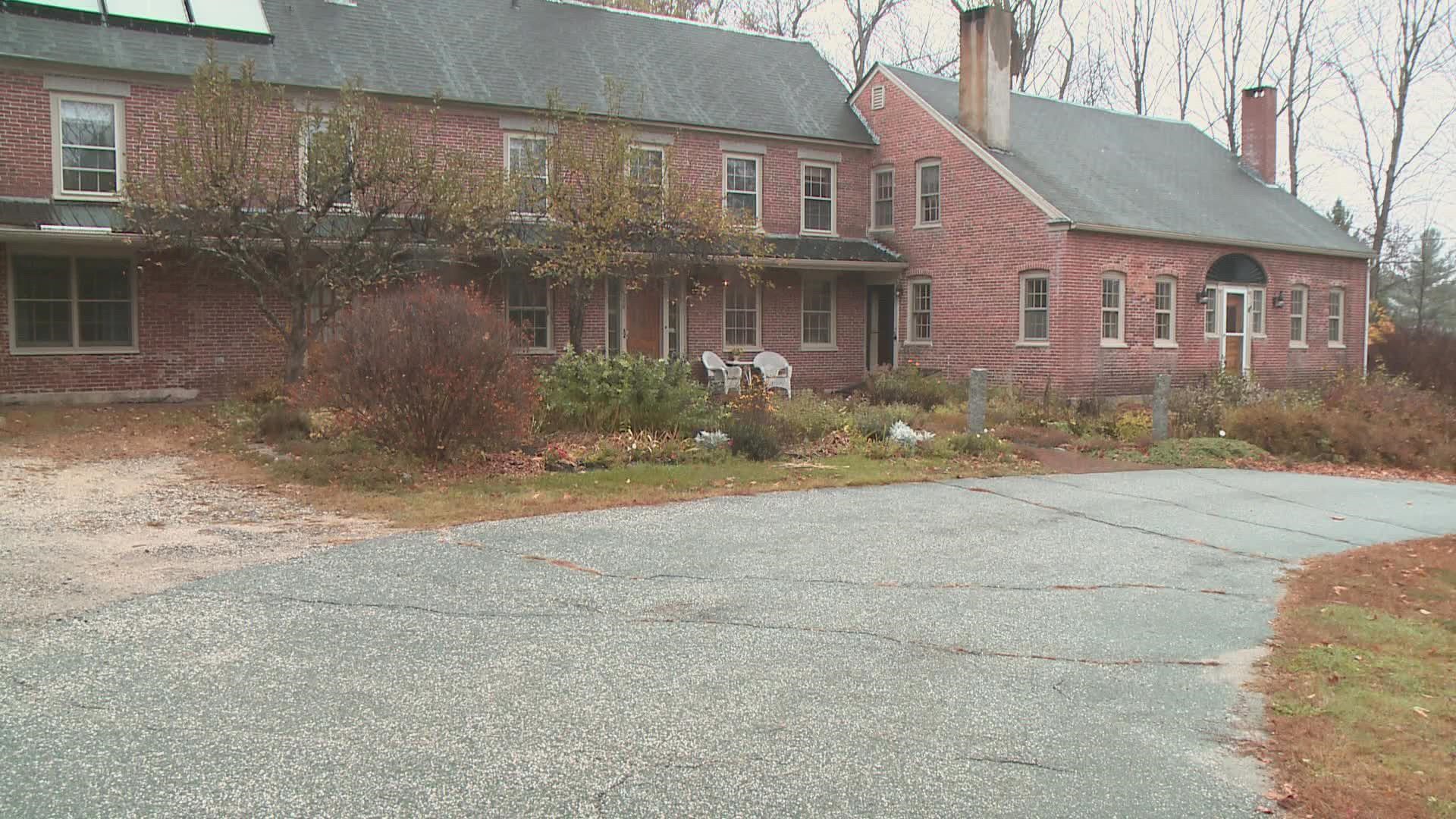BRIDGTON, Maine — According to a University of Maine report, there have been more than 5,000 total overdoses so far this year, an increase of 18 percent compared to the same period last year.
The sobering numbers underscore the need for more treatment programs, including sober or recovery homes where patients get support and learn skills on their journey to sobriety.
That key piece of treatment will soon become a reality for the first time in Bridgton. The program will be located in a home built in the 1870s which sits on more than two acres.
"It was important to find a property where the women walk through the door and say I get to live here?" Kirsten Wears said.
Tucker's House is the brainchild of Wears. A long-time advocate for patients struggling with addiction, she was able to secure more than $1,000,000 in Federal HUD grants to buy the home, named after a friend who broke the cycle.
Sober living homes are a key next step for patients after completing residential treatment programs, but the closest ones are located more than an hour away in Portland.
"We have been working really hard in the community to get services to folks," Wears added.
The turn-key multi-room home will house ten women.
There's a kitchen where clients will prepare meals, a laundry room, a loft space for yoga and meditation, and plenty of storage. This home will house a lending library, named in honor of Dr. Peter Leighton.
Leighton, a primary care physician, passed away from brain cancer in June of 2021. His practice at Bridgton Hospital focused on providing medically assisted treatment for opiate dependency.
There will also be mandatory house meetings where women learn to take responsibility for their addiction.
"They are going to have to learn to self-advocate and that will be part of the process," Wears explained.
Women can stay anywhere from 90 days to two years.
Catherine Bell is a licensed therapist and the founder of Crooked River Counseling, which has offices in Bridgton and Rumford. Bell, who is also a board member of the non-profit, said Tucker's House is the last missing piece in a community that has other rehab services in place.
"If she needs us to run a treatment group, we're happy to do that," Bell explained.
Kirsten said the women who stay at the house will have to pay rent after the first 30 days, but it will be affordable. They will be encouraged to pursue educational goals, get a job, and participate in physical activity every day.
"Being outside is really important for their healing and recovery," Wears explained.
The program hopes to have clients start by December. The goal: preparing to one day live on their own and continue with their sobriety.
For information and resources for substance use disorder, dial 2-1-1 or 1-877-463-6207.

